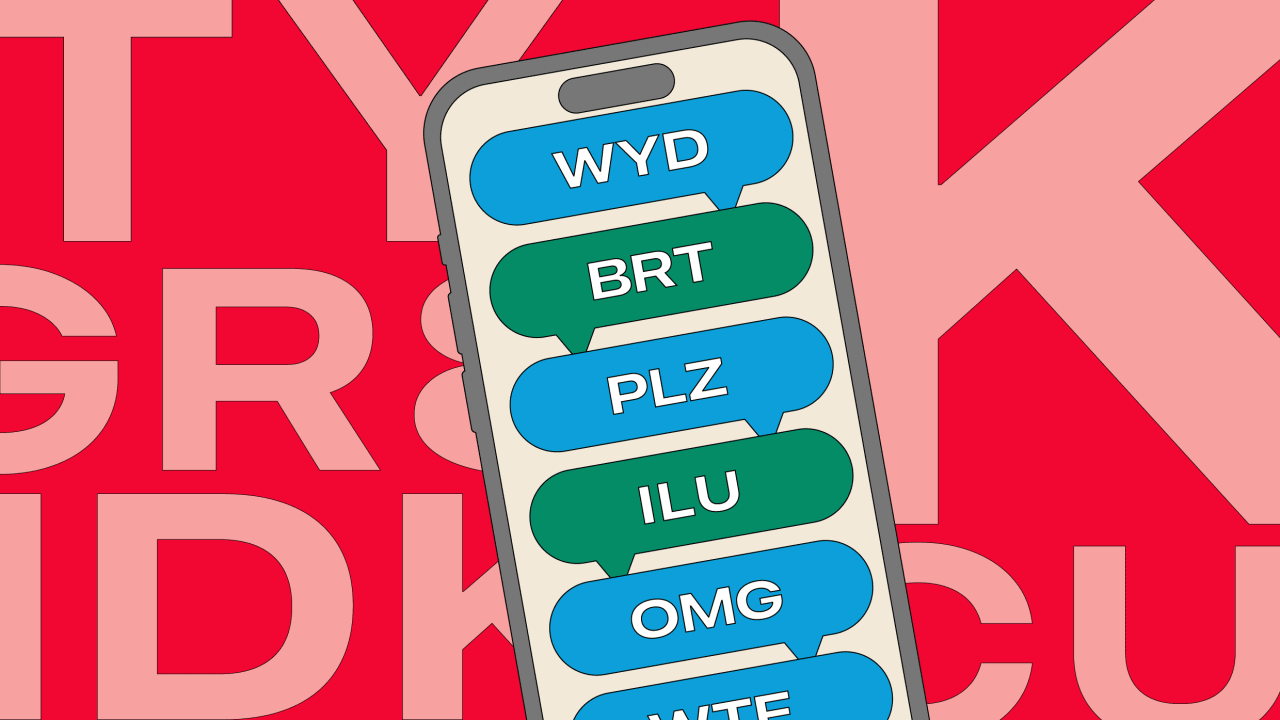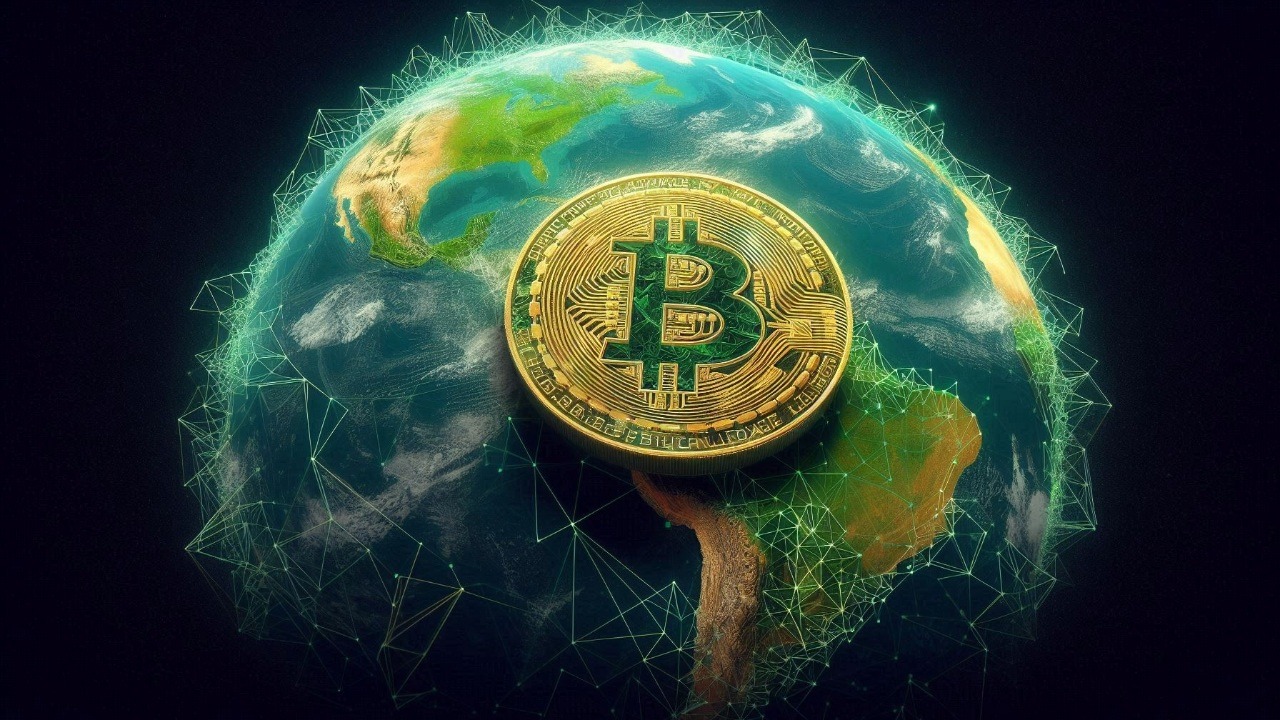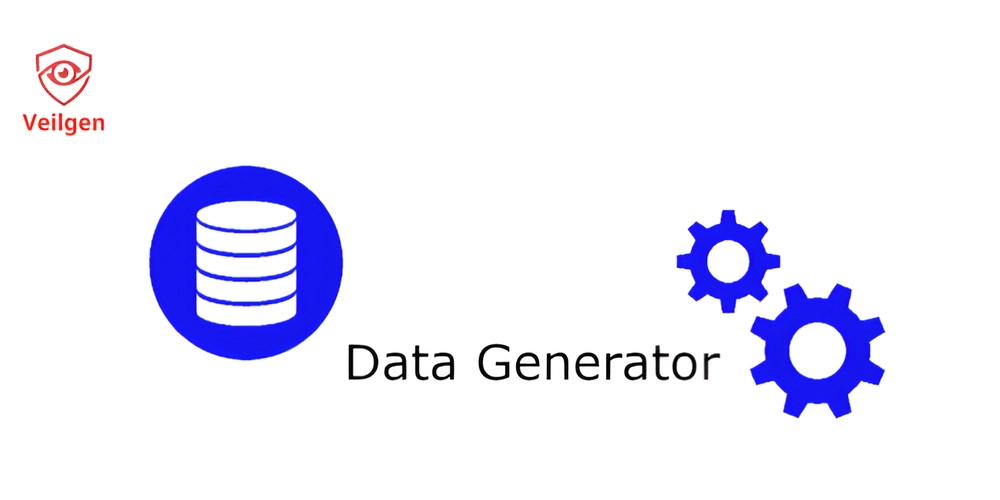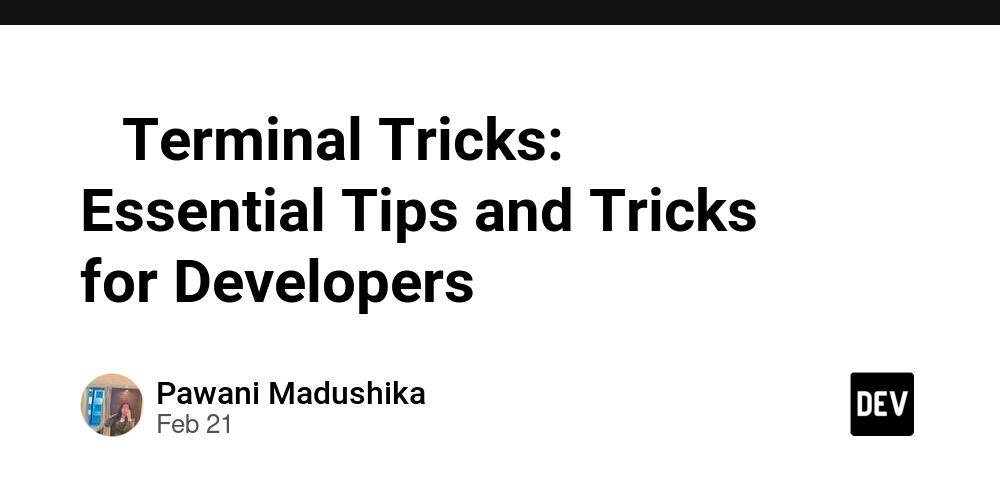The Agentic Economy Unleashed: How Masumi is Building the Financial Infrastructure for AI Agents
When was the last time you tried to make two different AI tools work together? If you're like most developers, the answer probably involves hours of custom code, API integration headaches, and a final result that feels more like a hack than a solution. Now imagine trying to add payments into that mix. This isn't just a coding challenge, it's a glimpse into one of the biggest barriers holding back what many call the "agentic economy", an ecosystem where AI agents can collaborate, provide services, and transact with minimal human intervention. Enter Masumi Network, a decentralized protocol that's tackling this exact problem head-on by enabling AI agents to interact, collaborate, and most importantly, handle financial transactions autonomously. Having spent the last few years developing multi-agent systems myself, I can't overstate how game-changing this infrastructure could be. Where AI Meets Web3: More Than Just a Buzzword Collision The intersection of AI and Web3 has been discussed extensively, but often in ways that feel forced or superficial. AI needs centralized data and processing power; blockchain technologies prioritize decentralization and trustlessness. These seemingly contradictory foundations have left many wondering whether meaningful integration is even possible. What makes Masumi's approach different is that it's not trying to "blockchain-ify" AI for the sake of it. Instead, it recognizes a genuine need in the AI ecosystem—the ability for AI agents to establish identity, document decision-making, and facilitate value exchange—and applies blockchain technology specifically to solve these challenges. Think of it as building financial plumbing for the AI economy rather than trying to reinvent AI itself. Just as traditional economies need banks, payment processors, and identity verification to function, the emerging agentic economy needs similar infrastructure designed for autonomous digital entities. The Technical Tripod: Identity, Decision Logging, and Payments Masumi's protocol centers around three core capabilities that collectively form what I think of as the "trust tripod" for AI agents. Let's look at each one: Identity: Giving Your AI Agents a Verifiable Presence In any economy, knowing who you're dealing with is fundamental. Masumi allows developers to give their AI agents or multi-agent systems (built with frameworks like CrewAI, AutoGen, or LangGraph) a blockchain-verified identity linked to the developer. This identity mechanism solves one of the key problems in the AI space today: the lack of transparency and accountability. When you interact with an AI service, how do you know who created it, what its capabilities are, or whether it can be trusted? Masumi's identity system provides these answers by creating verifiable connections between agents and their creators. I've found this especially important for specialized AI services where expertise matters. If I'm using an AI agent for medical information analysis, knowing it was developed by healthcare professionals makes a significant difference to how I evaluate its outputs. Decision Logging: Accountability Through Immutability One of the most interesting technical features of Masumi is its decision logging capability. The system logs a hash of AI agent outputs onto the blockchain, creating an immutable record of what the agent decided or produced. This isn't about storing the entire output on-chain (which would be prohibitively expensive and unnecessary). Instead, it's a clever use of blockchain's immutability to create verifiable references to decisions. If you receive a recommendation or analysis from an AI agent on the Masumi network, you can verify that the output hasn't been tampered with after the fact. It's like having a public notary for AI decisions—a way to prove that what was said at time X by agent Y was exactly as claimed. In a world increasingly concerned about AI-generated content and potential manipulation, this kind of verification becomes incredibly valuable. Agent-to-Agent Payments: The Financial Nervous System The most revolutionary aspect of Masumi, in my view, is its payment infrastructure. By integrating with the Cardano blockchain, Masumi enables AI agents to make and receive payments autonomously—opening the door to genuine machine-to-machine commerce. Imagine a data analysis agent purchasing access to specialized data sets from a data provider agent, or a content creation agent paying for translation services from a language processing agent. These kinds of interactions become possible without human involvement for each transaction. The payment system uses smart contracts that act as escrow services, ensuring that payments are only completed when services are delivered satisfactorily. This creates the trust necessary for autonomous financial interactions between digital entities. Real-World Applications: Beyond the Theoretical The potential applications
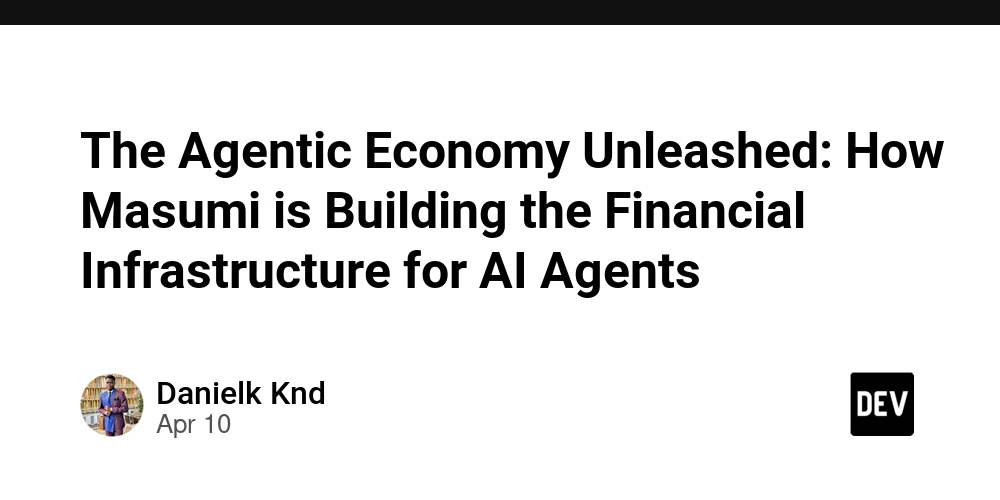
When was the last time you tried to make two different AI tools work together? If you're like most developers, the answer probably involves hours of custom code, API integration headaches, and a final result that feels more like a hack than a solution. Now imagine trying to add payments into that mix. This isn't just a coding challenge, it's a glimpse into one of the biggest barriers holding back what many call the "agentic economy", an ecosystem where AI agents can collaborate, provide services, and transact with minimal human intervention.
Enter Masumi Network, a decentralized protocol that's tackling this exact problem head-on by enabling AI agents to interact, collaborate, and most importantly, handle financial transactions autonomously. Having spent the last few years developing multi-agent systems myself, I can't overstate how game-changing this infrastructure could be.
Where AI Meets Web3: More Than Just a Buzzword Collision
The intersection of AI and Web3 has been discussed extensively, but often in ways that feel forced or superficial. AI needs centralized data and processing power; blockchain technologies prioritize decentralization and trustlessness. These seemingly contradictory foundations have left many wondering whether meaningful integration is even possible.
What makes Masumi's approach different is that it's not trying to "blockchain-ify" AI for the sake of it. Instead, it recognizes a genuine need in the AI ecosystem—the ability for AI agents to establish identity, document decision-making, and facilitate value exchange—and applies blockchain technology specifically to solve these challenges.
Think of it as building financial plumbing for the AI economy rather than trying to reinvent AI itself. Just as traditional economies need banks, payment processors, and identity verification to function, the emerging agentic economy needs similar infrastructure designed for autonomous digital entities.
The Technical Tripod: Identity, Decision Logging, and Payments
Masumi's protocol centers around three core capabilities that collectively form what I think of as the "trust tripod" for AI agents. Let's look at each one:
- Identity: Giving Your AI Agents a Verifiable Presence
In any economy, knowing who you're dealing with is fundamental. Masumi allows developers to give their AI agents or multi-agent systems (built with frameworks like CrewAI, AutoGen, or LangGraph) a blockchain-verified identity linked to the developer.
This identity mechanism solves one of the key problems in the AI space today: the lack of transparency and accountability. When you interact with an AI service, how do you know who created it, what its capabilities are, or whether it can be trusted? Masumi's identity system provides these answers by creating verifiable connections between agents and their creators.
I've found this especially important for specialized AI services where expertise matters. If I'm using an AI agent for medical information analysis, knowing it was developed by healthcare professionals makes a significant difference to how I evaluate its outputs.
- Decision Logging: Accountability Through Immutability
One of the most interesting technical features of Masumi is its decision logging capability. The system logs a hash of AI agent outputs onto the blockchain, creating an immutable record of what the agent decided or produced.
This isn't about storing the entire output on-chain (which would be prohibitively expensive and unnecessary). Instead, it's a clever use of blockchain's immutability to create verifiable references to decisions. If you receive a recommendation or analysis from an AI agent on the Masumi network, you can verify that the output hasn't been tampered with after the fact.
It's like having a public notary for AI decisions—a way to prove that what was said at time X by agent Y was exactly as claimed. In a world increasingly concerned about AI-generated content and potential manipulation, this kind of verification becomes incredibly valuable.
- Agent-to-Agent Payments: The Financial Nervous System
The most revolutionary aspect of Masumi, in my view, is its payment infrastructure. By integrating with the Cardano blockchain, Masumi enables AI agents to make and receive payments autonomously—opening the door to genuine machine-to-machine commerce.
Imagine a data analysis agent purchasing access to specialized data sets from a data provider agent, or a content creation agent paying for translation services from a language processing agent. These kinds of interactions become possible without human involvement for each transaction.
The payment system uses smart contracts that act as escrow services, ensuring that payments are only completed when services are delivered satisfactorily. This creates the trust necessary for autonomous financial interactions between digital entities.
Real-World Applications: Beyond the Theoretical
The potential applications of this technology extend far beyond academic interest. Here are just a few practical scenarios where Masumi's infrastructure could create immediate value:
For Developers: Monetizing AI Innovation
If you're building specialized AI agents with frameworks like CrewAI or LangGraph, Masumi offers a direct path to monetization. Rather than having to build payment processing, user authentication, and service discovery from scratch, developers can plug into the Masumi network and immediately make their agents available as paid services.
This drastically reduces the barrier between creating a useful AI agent and generating revenue from it. A developer who creates a particularly effective algorithm for, say, optimizing shipping routes, could offer it as a service to logistics companies or other AI systems without building all the supporting infrastructure.
For Businesses: AI Service Composition
For businesses, Masumi enables a new paradigm of AI service composition. Rather than relying on monolithic AI solutions that try to do everything (and often do nothing particularly well), companies can assemble specialized AI agents for specific business processes.
A marketing department might use one agent for content creation, another for SEO analysis, and a third for audience targeting—all working together seamlessly and handling the necessary resource allocation and payment distribution automatically.
This modularity creates efficiency by allowing businesses to pay only for the AI capabilities they actually use, rather than investing in comprehensive platforms with unused features.
For the AI Ecosystem: Specialization and Evolution
Perhaps the most profound impact of Masumi will be on the AI ecosystem itself. By creating financial incentives for specialized AI agents, Masumi encourages a more diverse landscape of AI capabilities.
Currently, the economics of AI development push toward general-purpose models that try to be good at everything. Financial infrastructure for more specialized agents could change this calculation, leading to an ecosystem that resembles biological evolution—with different AI "species" adapted to specific niches and problems.
Addressing Current Limitations: Bridging the Gap
The current AI landscape has several critical limitations that Masumi directly addresses:
The Integration Problem: Today's AI tools often exist in silos, making cooperation between different systems difficult and inefficient. Masumi provides a common protocol for discovery and interaction.
The Trust Deficit: Without verifiable identity and accountability, many potential users remain hesitant about relying on AI systems for critical tasks. Masumi's identity and decision logging creates the necessary trust layer.
The Monetization Challenge: Developers of specialized AI capabilities struggle to monetize their innovations directly. Masumi's payment infrastructure creates a straightforward path from innovation to revenue.
Consider how a specialized financial analysis agent might operate today versus on Masumi. Currently, such an agent would typically be embedded in a larger application, with user authentication, billing, and service discovery handled by custom code. On Masumi, the agent could operate independently, being discovered by other agents or services that need financial analysis, negotiating terms directly, and receiving payment without human intervention for each transaction.
This shift is analogous to how API economies transformed software development. Just as APIs allowed software components to be offered as discrete, monetizable services, Masumi allows AI capabilities to be unbundled and offered as individual services in a dynamic marketplace.
Making the Complex Accessible: Analogies for Understanding
To grasp the significance of what Masumi is building, consider two analogies:
The Postal Service Analogy: Before standardized postal services, sending a message or package long distances required complex arrangements and trusted intermediaries at every step. The postal service created standardized addressing, routing, and delivery confirmation that made communication reliable and scalable.
Masumi is building the postal service for the AI economy—standardized protocols for identity, service discovery, and transaction verification that make reliable agent-to-agent interactions possible at scale.
The Banking System Analogy: Modern economies function because we have banking systems that enable transactions between parties who don't necessarily trust each other directly. The bank acts as a trusted intermediary, verifying identities and ensuring funds are properly transferred.
Masumi creates this same foundation of trust for the agentic economy, but does so in a decentralized way using blockchain technology rather than centralized institutions.
The Road Ahead: Implications for the Future of AI
As I look at what Masumi is building, I see the early infrastructure of what could become an entirely new economic system—one where AI agents not only perform tasks for humans but engage in complex collaborative activities with each other.
This has profound implications for how we think about AI development. Instead of building monolithic systems that try to do everything, we could transition to ecosystems of specialized agents that communicate, collaborate, and compensate each other for services rendered.
The current statistics are telling: according to recent industry reports, API economies now generate billions in revenue, with companies like Stripe and Twilio built entirely around providing specific services via API. The agentic economy could follow a similar trajectory, but with AI agents as both the providers and consumers of services.
For developers starting today, platforms like Masumi offer a glimpse of a future where building a successful AI business doesn't necessarily mean creating the next ChatGPT, but could instead mean creating highly specialized agents that do one thing extremely well and can be discovered and paid for their services.
Final Thoughts: The Beginning of the Agentic Economy
Masumi's protocol for agent identity, decision logging, and payments represents the beginning of what could be a fundamental shift in how we think about AI systems—not as tools we directly control, but as semi-autonomous economic actors that can engage in complex relationships with each other.
While the technology is still maturing, the vision is compelling. Just as the internet transformed from an academic network to the backbone of modern commerce, the emerging agentic economy could become the foundation for new forms of value creation and exchange that we're only beginning to imagine.
For developers working with multi-agent systems today, Masumi provides immediate practical value through its integration with popular frameworks like CrewAI. For those thinking about the longer-term evolution of AI, it offers a glimpse of how we might structure the economies of the future—ones where human and artificial intelligence collaborate in ways that maximize the unique capabilities of each.
The question isn't whether AI agents will become economic actors, but how we'll build the systems that allow them to do so responsibly, transparently, and effectively. Masumi's approach suggests one promising path forward—giving AI agents the infrastructure they need to collaborate, create value, and compensate each other for services rendered.
As we stand at the beginning of this new frontier, the possibilities are both exciting and challenging to fully comprehend. What seems certain is that the intersection of AI and economic systems will be one of the most fascinating areas of innovation in the decades to come.
Join the Agentic Economy Revolution
Ready to start building in the emerging agentic economy? Masumi's infrastructure is accessible today, and the community is growing rapidly. Here's how you can get involved:
Explore the open-source code and start integrating Masumi with your AI agents by visiting GitHub. The documentation is comprehensive and designed to help developers at any skill level.
Have questions or want to connect with other builders in this space? Join the vibrant community on Discord where you'll find direct support from the Masumi team and fellow developers pushing the boundaries of what's possible with autonomous AI agents.
For the latest updates on new features, partnerships, and ecosystem developments, follow Masumi on Twitter. The pace of innovation in this space is accelerating, and staying connected ensures you won't miss important developments.
The infrastructure for the agentic economy is being built now—by participating early, you have the opportunity to help shape how AI agents will collaborate and transact for decades to come. The future of autonomous AI commerce awaits, and Masumi is your gateway to being part of it.









































































































































































![[The AI Show Episode 144]: ChatGPT’s New Memory, Shopify CEO’s Leaked “AI First” Memo, Google Cloud Next Releases, o3 and o4-mini Coming Soon & Llama 4’s Rocky Launch](https://www.marketingaiinstitute.com/hubfs/ep%20144%20cover.png)
















































































































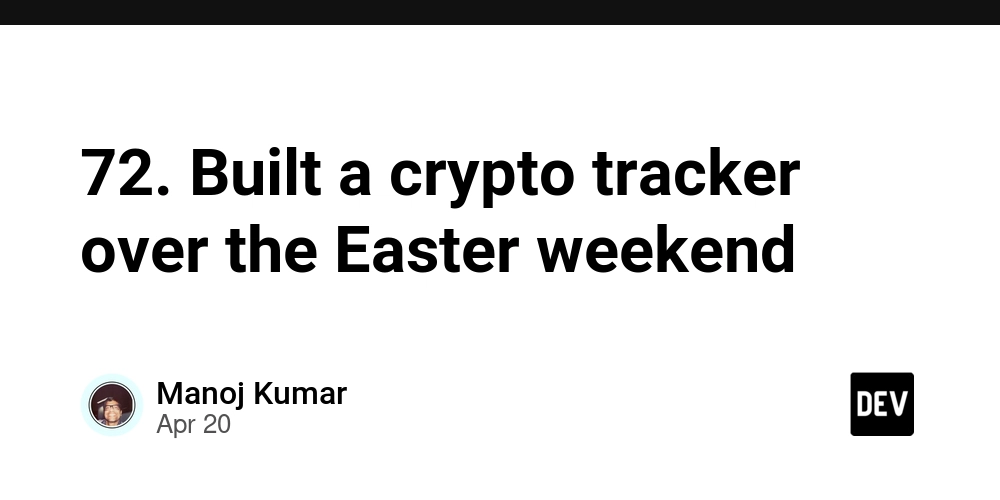
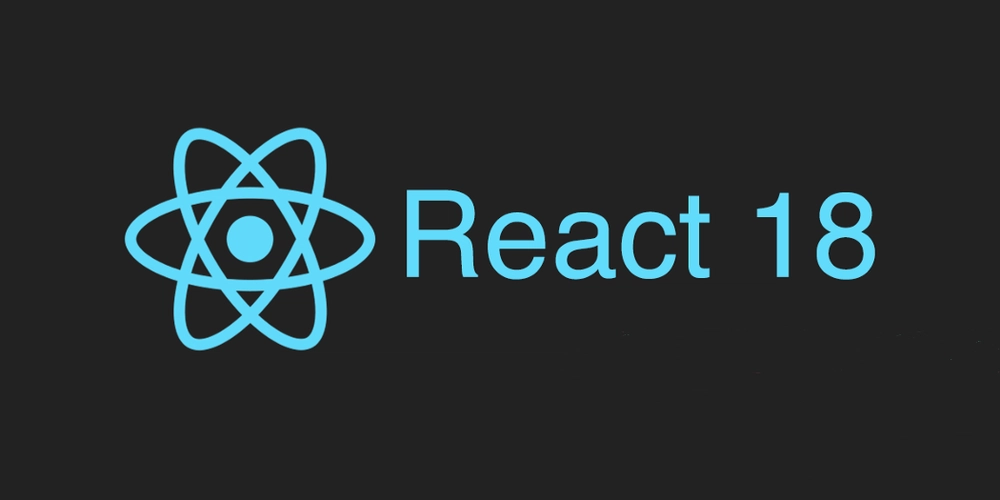










![[DEALS] The All-in-One Microsoft Office Pro 2019 for Windows: Lifetime License + Windows 11 Pro Bundle (89% off) & Other Deals Up To 98% Off](https://www.javacodegeeks.com/wp-content/uploads/2012/12/jcg-logo.jpg)



























![Is this too much for a modular monolith system? [closed]](https://i.sstatic.net/pYL1nsfg.png)










































































































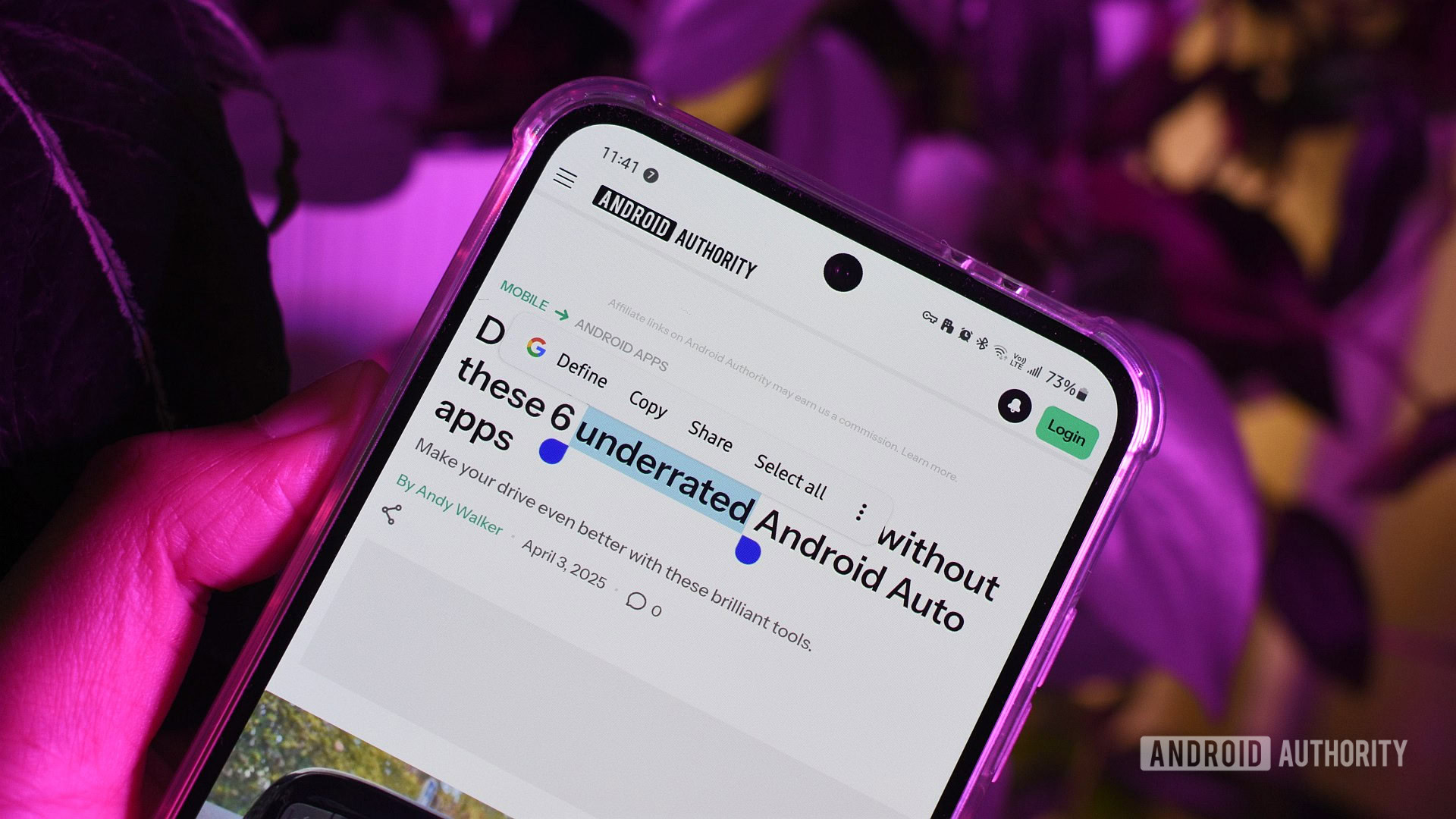











_Andreas_Prott_Alamy.jpg?width=1280&auto=webp&quality=80&disable=upscale#)









































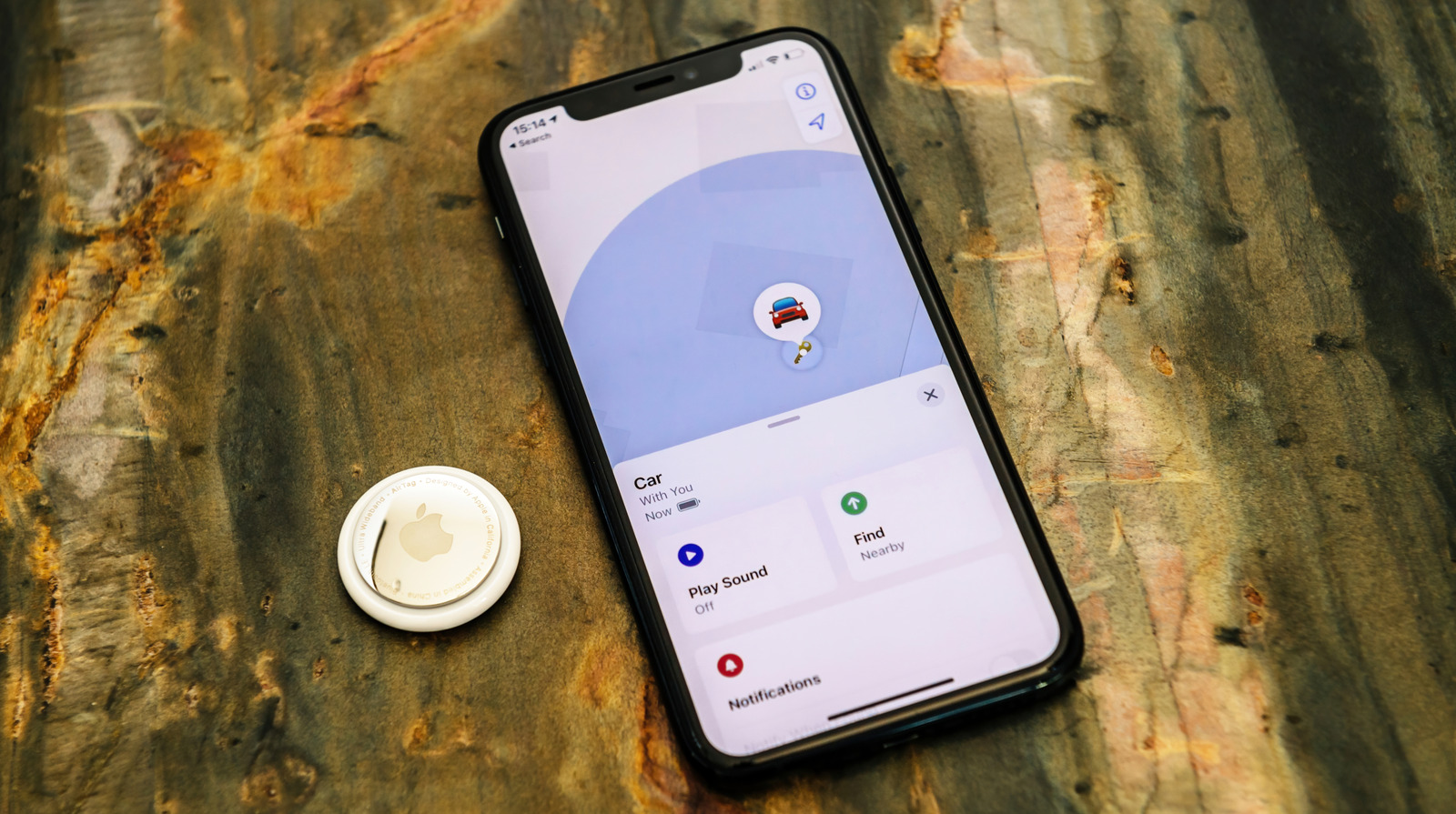






















































![What features do you get with Gemini Advanced? [April 2025]](https://i0.wp.com/9to5google.com/wp-content/uploads/sites/4/2024/02/gemini-advanced-cover.jpg?resize=1200%2C628&quality=82&strip=all&ssl=1)













![Apple Shares Official Trailer for 'Long Way Home' Starring Ewan McGregor and Charley Boorman [Video]](https://www.iclarified.com/images/news/97069/97069/97069-640.jpg)
![Apple Watch Series 10 Back On Sale for $299! [Lowest Price Ever]](https://www.iclarified.com/images/news/96657/96657/96657-640.jpg)
![EU Postpones Apple App Store Fines Amid Tariff Negotiations [Report]](https://www.iclarified.com/images/news/97068/97068/97068-640.jpg)
![Apple Slips to Fifth in China's Smartphone Market with 9% Decline [Report]](https://www.iclarified.com/images/news/97065/97065/97065-640.jpg)















































































